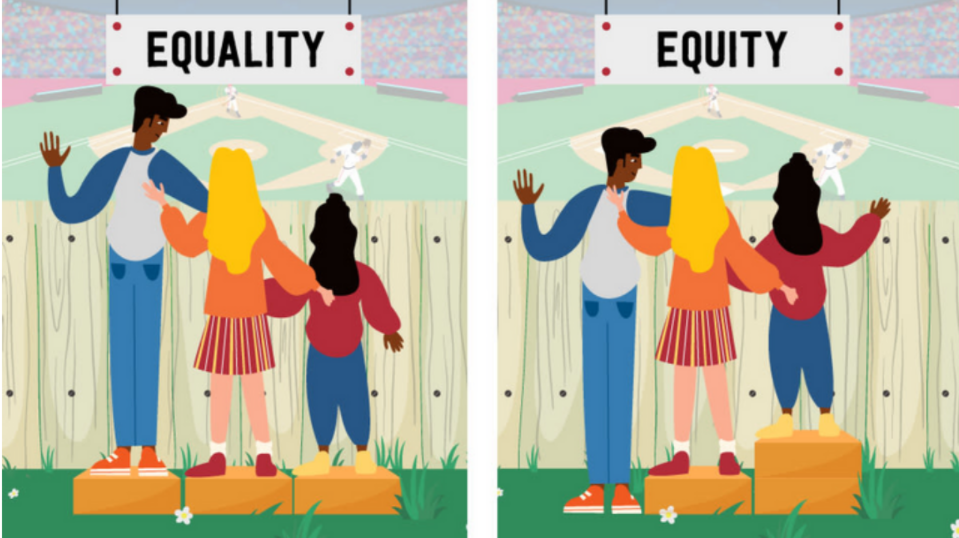
On January 31, 2022 local South Pasadena advocates released a report detailing racial disparities in the summer school program operated by the South Pasadena Educational Foundation (SPEF). The study uses data provided by the South Pasadena Unified School District (SPUSD) pursuant to a Public Records Act request.
The advocates sought to examine SPEF’s tuition-based summer school enrollment to see if it is vulnerable to racial and ethnic disparities among students of color. According to the report, Racial Disparities in South Pasadena’s Tuition-Based Summer School, “[Racial] disparities present in the types of courses taken. Latinx/Hispanic students are underrepresented in “advanced” courses, and overrepresented in credit recovery courses. In contrast, Asian students are underrepresented in credit recovery courses and overrepresented in “advanced” courses.
The report is based on data reflecting SPEF enrollment for summer sessions 2018-2019 and 2019-2020 (before the COVID-19 pandemic). A redacted high school transcript for every student who received or attempted South Pasadena High School credit for a SPEF summer school course was cross-referenced with race and ethnicity identifiers output from the high school’s Aeries Student Information System.
“Median household income is unequal across race,” says John Srebalus, one of the report’s authors. “Asian and white families skew toward the top of the distribution, while Black and Latinx families skew toward the bottom. We have structural and government-sponsored inequality to blame for that. When students are required to pay for their public education—an oxymoron made real—it is expected that some groups will gain advantages over others. And that’s what we found. Unequal access to public education.”
The authors recommend a phased course of corrective action. They want to see, by summer 2022, tuition waived for all students on the free or reduced-price lunch plan; by summer 2023, free credit recovery to all students; and, by summer 2024, no tuition charged for courses offered for credit to high school students. They also urge SPUSD to begin proactively tracking its own data and identifying disparities.
“There are clear advantages to taking prerequisites and honors courses during the summer,” says Ella Hushagen, one of the report’s authors. “Students may then explore more career-specific and advanced courses in the fall and spring semesters, or spend more time on extracurricular activities, resulting in more competitive college applications. High-income students reap the benefits of summer school, while other students must endure financial hardship to recover credits.”
“We believe in having a school system that promotes racial and income equity in education,” says Helen Tran, one of the report’s authors, “not just equal opportunity.”
Vecinos agrees that students should have free access to summer school. There is an existing path for free summer school that does not involve SPEF, find out more by reading our article on how to enroll in FREE summer school.


